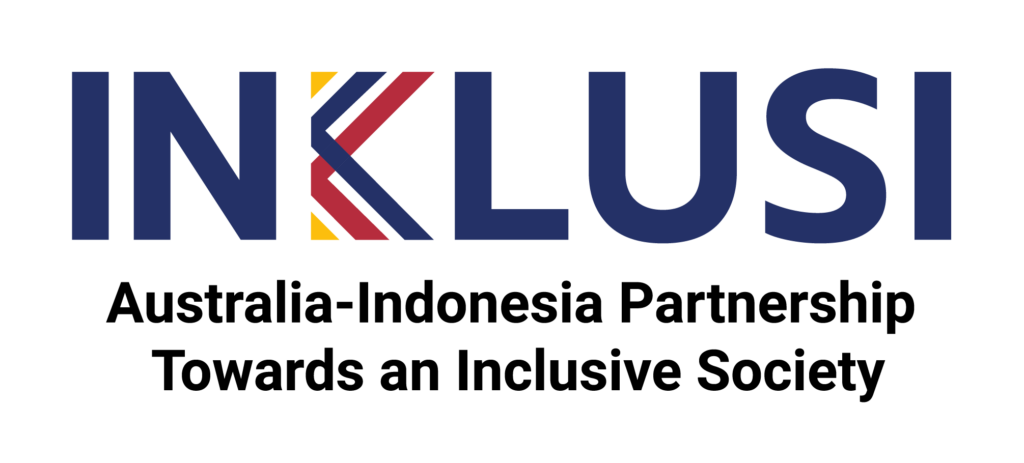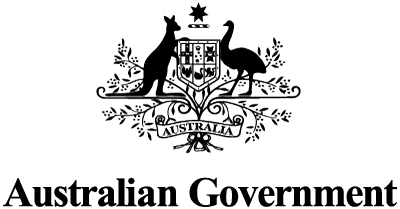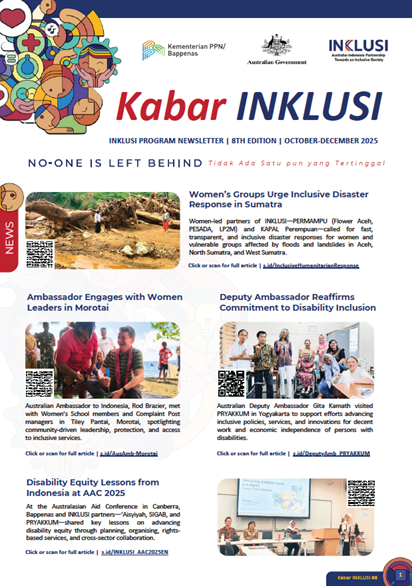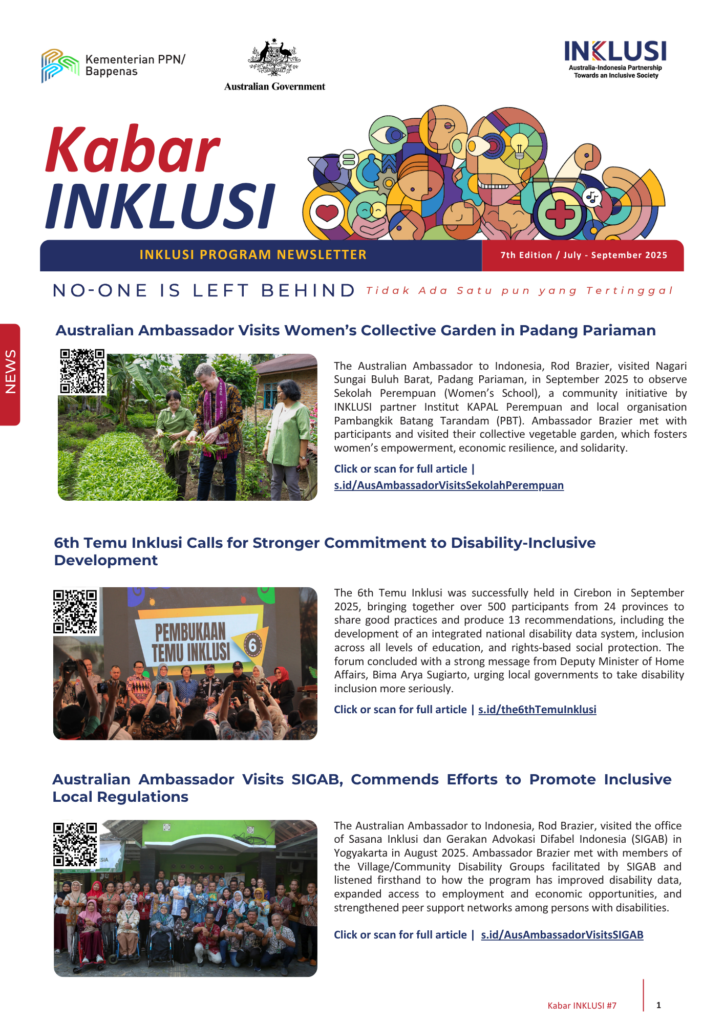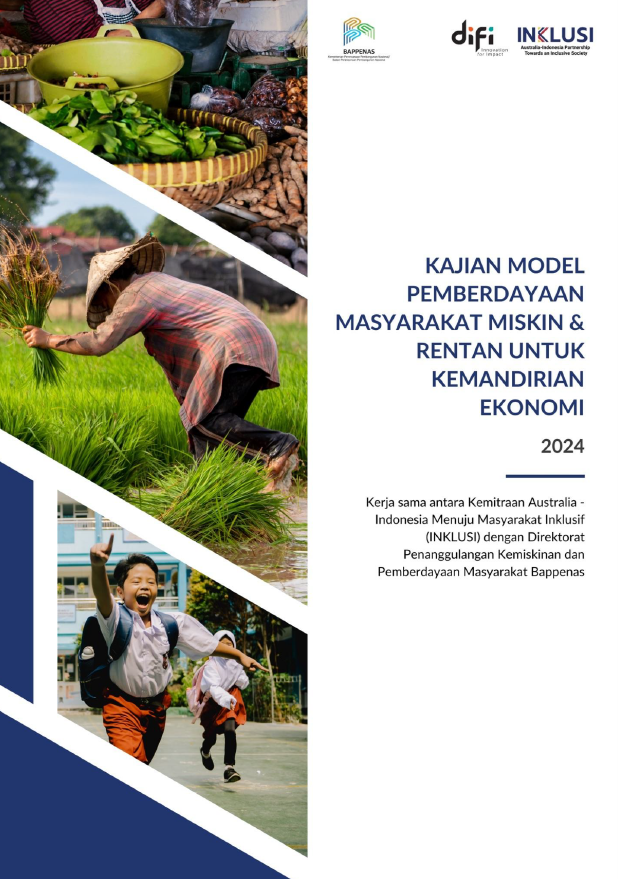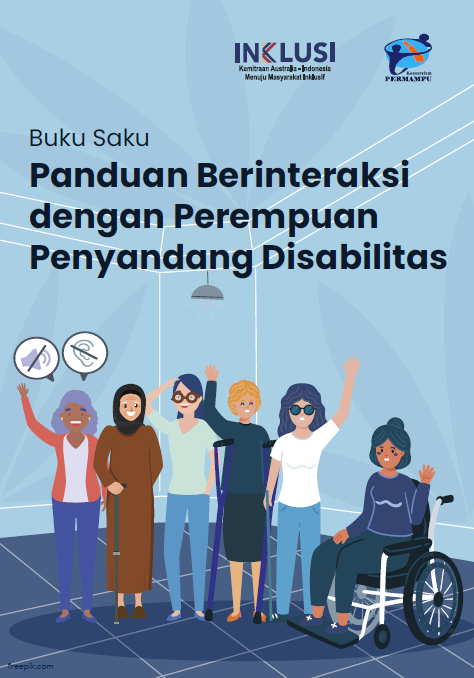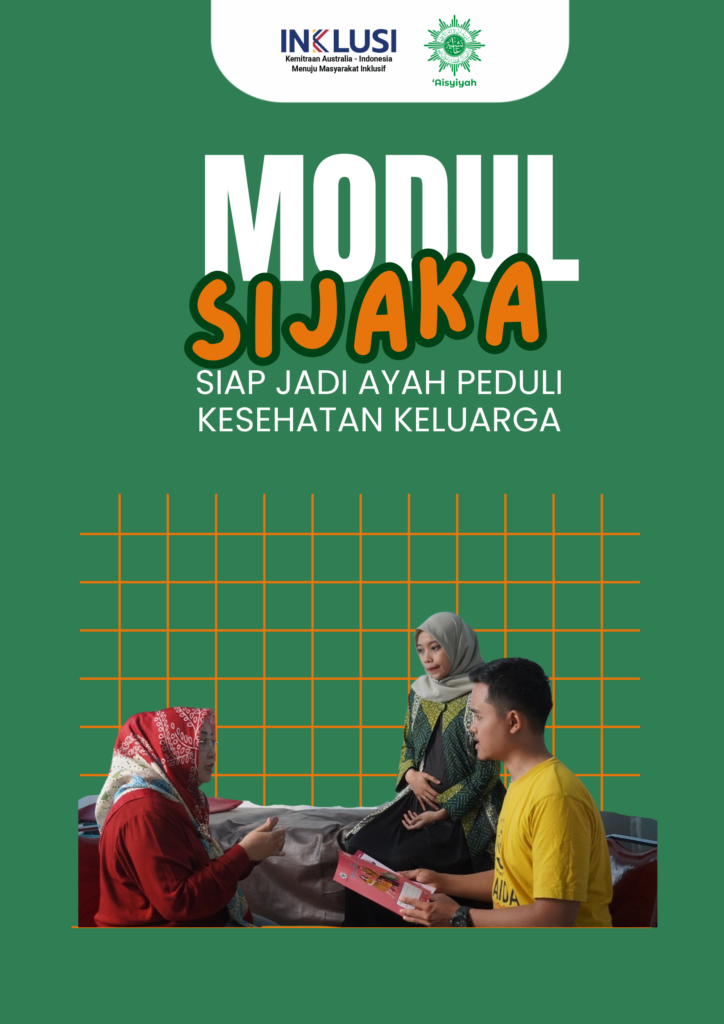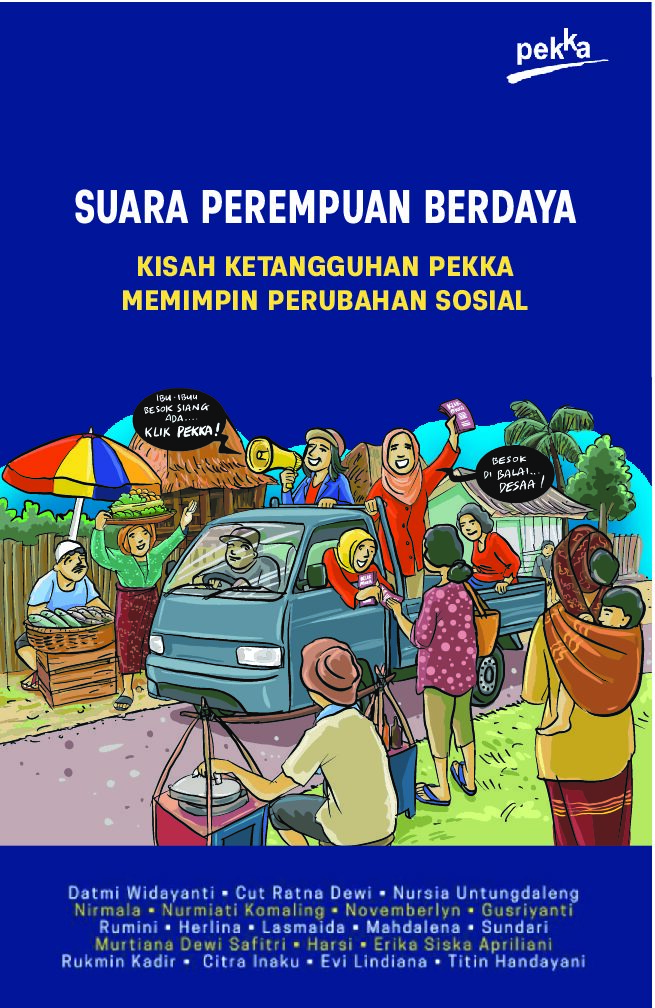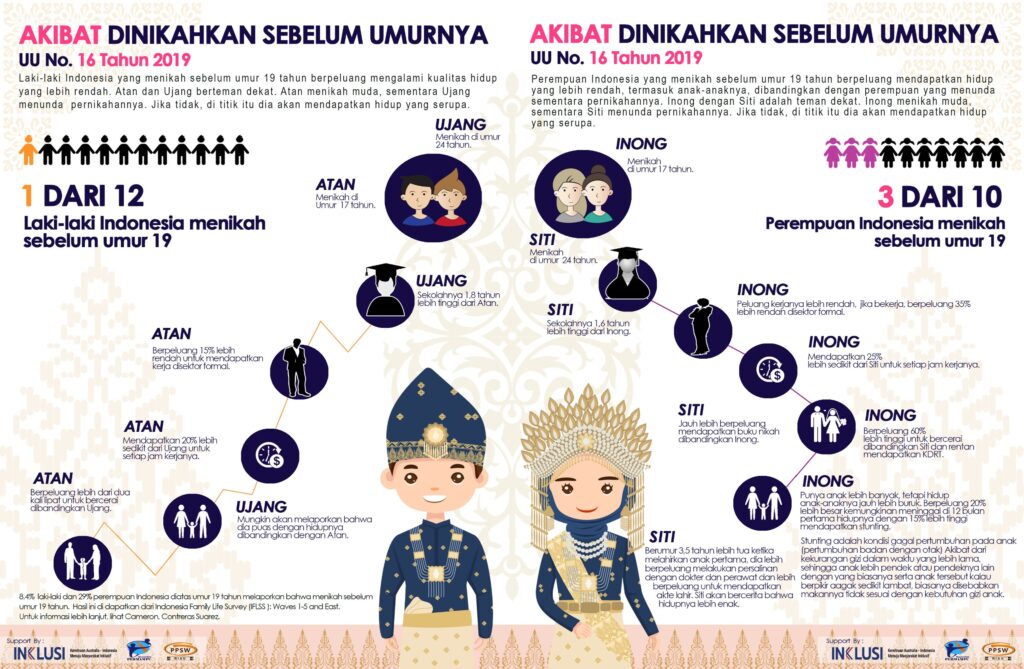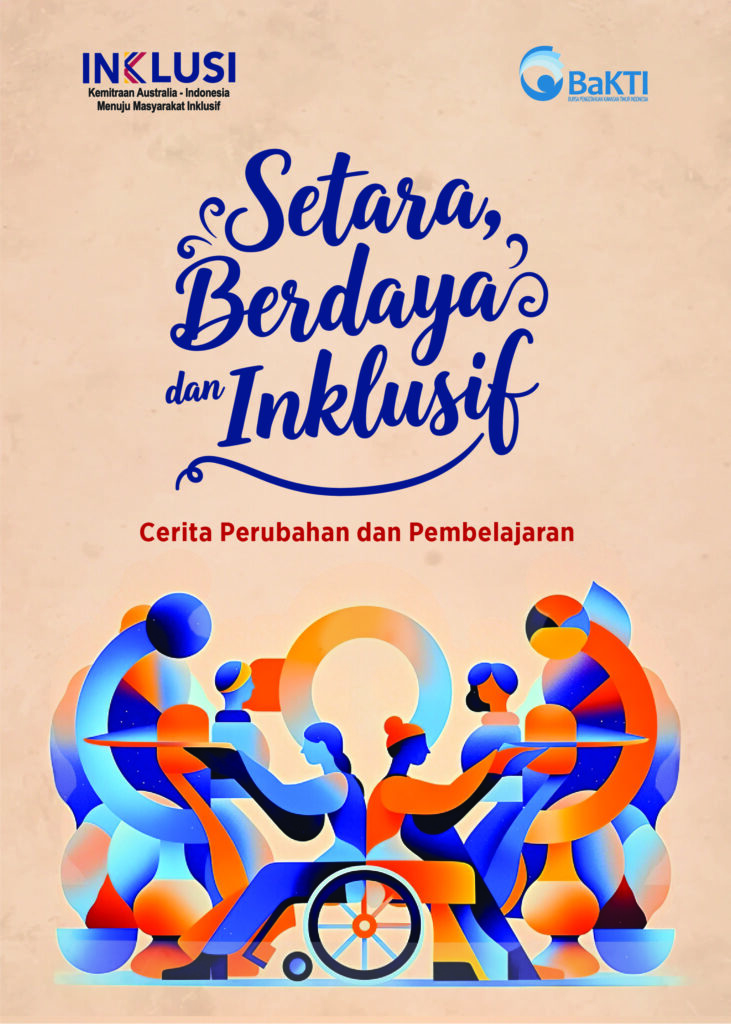The Australia-Indonesia Partnership Towards an Inclusive Society (INKLUSI) is working to increase the participation of marginalised groups in, and their benefit from, Indonesia’s socio-cultural, economic and political development. INKLUSI works with government and civil society partners to advance their work in gender equality, the rights of persons with disabilities and social inclusion. INKLUSI supports the Government of Indonesia’s agenda for inclusion, including through national development plans and the Sustainable Development Goals.
INKLUSI is an 8-year (2021-2029) bilateral Australian and Indonesian Government program with a budget of up to AUD 120 million. It is partnering with 11 Indonesian civil society organisations, 8 research partner institutions and their networks across 33 provinces, 130 district/cities, >800 villages in Indonesia.
Read our newsletter ‘Kabar INKLUSI’ to know our activities during October– December 2025.
